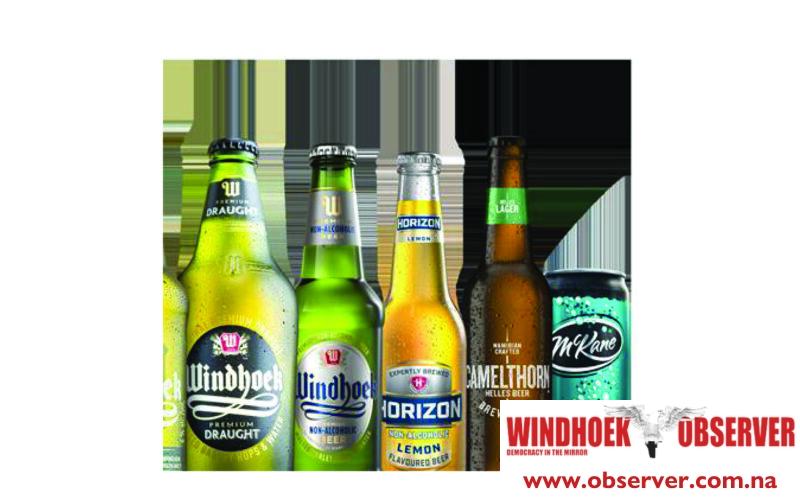Chamwe Kaira
Namibia Breweries Limited (NBL) has reported a strong set of interim results for the six months ended 30 June, with net revenue up 9.7% to N$2.1 billion from N$1.9 billion in 2024.
The company said the growth was driven by higher volumes, inflation-linked price increases, and benefits from local production.
Gross profit margins improved on the back of fewer beer discounts, margin gains from locally packaged wine and cider, and tighter cost controls.
Operating expenses rose by 3.5% to N$1.82 billion from N$1.76 billion, reflecting continued investment in brands and strategic initiatives, including the rollout of the enterprise resource planning (ERP) system from March 2025.
Despite higher fixed costs, operating profit climbed 79% to N$279 million, compared to N$156 million in the prior period.
The company said strong cash flow generation supported this performance.
Capital expenditure normalised to $102 million from $335 million, as the previous period included heavy investment in operational capacity.
NBL said its working capital position improved through tighter management of stock levels, receivables, and payment terms.
These measures were supported by the Fund the Growth & Fuel the Profit initiative for cost savings, which helped cushion inflationary pressures on input costs.
The company also highlighted the benefits of the completed Heineken integration, which it said created operational synergies and positioned the group to capitalise on consumer demand shifts.
“Beer in Namibia achieved solid growth and gained market share, supported by sustained investment in the Windhoek brand. The non-alcoholic range, led by Windhoek non-alcoholic lemon, doubled volumes since the last interim period, though it remains a small share of total beer sales,” the company said.
Cider brands also strengthened performance. Savanna and Hunter’s, now fully packaged in Namibia, delivered expected margin and logistics benefits, while Bernini recorded significant growth from a smaller base.
On wine, NBL said volumes fell slightly, but revenues rose on price increases, with Tassenberg and Castello remaining key mainstream contributors.
Soft drink and water volumes were flat, while the juice category was discontinued after the FruitTree distribution agreement with PepsiCo ended in February.
Export volumes to South Africa declined, with local sales driving the overall performance. The supply agreement for Windhoek in South Africa remains valid until April 2026.
The board declared an interim dividend of 96.29 cents per share, citing NBL’s strong financial position and confidence in its strategic growth path.
The last trading day on a cum-dividend basis will be 3 October. Shareholders registered by 10 October will receive payment on 13 November.
Caption
Namibia Breweries achieved solid growth on the local market.
- Photo: Contributed




